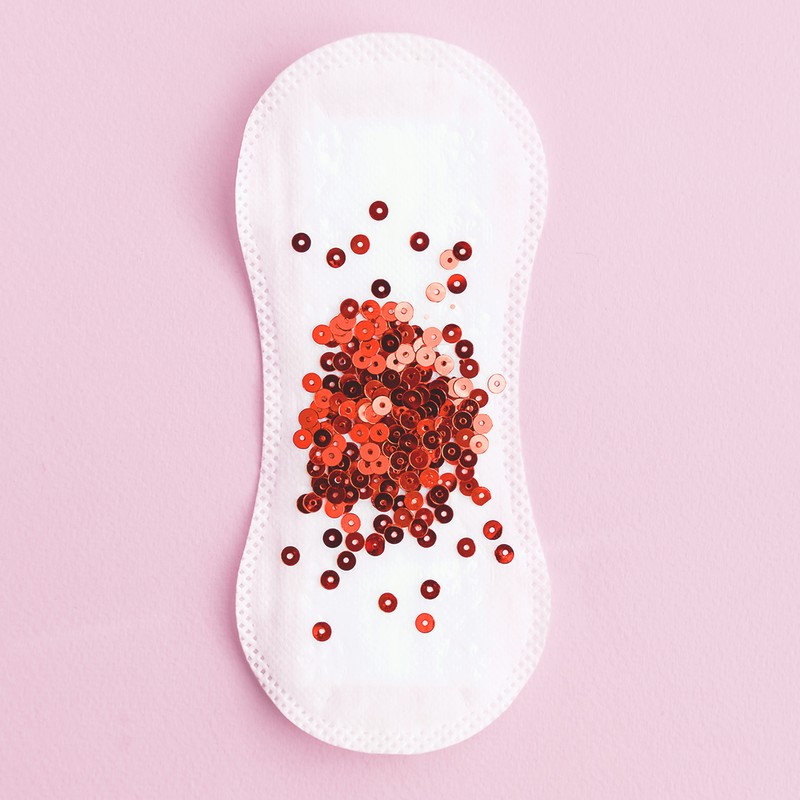Is ‘Period Brain’ A Thing?
What exactly is it?
The term is derived from the phrase ‘baby brain’ – also known as ‘mumnesia’ – which expectant women often use to describe the cognitive problems they experience during pregnancy. Essentially, it’s the belief that the changes in your body during your period are the root cause of your new-found lack of focus, confusion, reading difficulties and forgetfulness.
Is it real?
Much like baby brain, there’s debate as to whether the phenomenon has physiological roots. Previous studies have suggested ‘mumnesia’ is nothing but a myth, but earlier this year research indicated that pregnancy does, in fact, affect cognitive function. In theory, the same could be true for period brain.
The levels of oestrogen, progesterone, and testosterone – the three major hormones that control the menstrual cycle – are relatively low during the first day of bleeding, but after a few days, there’s a surge in the oestrogen levels. This stimulates the release of endorphins, eliminating the hormonal cloud present in many women’s first few days of menstruation.
One study from 2000 found oestrogen increases synaptic connectivity in the hippocampus – the area of the brain involved in short-term memory and decision-making – by 25%.
However, more recent evidence from July 2017 found that there was “no consistent association between women’s hormone levels, in particular oestrogen and progesterone, and attention, working memory and cognitive bias.”
So… Is that a no?
It’s a tough one. Science tends to favour the opinion it’s not real but, anecdotally, period brain seems to be rife among women. Reddit threads on brain fog during menstruation garner plenty of responses – and, if you ask any woman in your office whether she’s had period brain, it’s almost guaranteed she’ll have at least one story to tell you.
Plus, it’s been suggested that period brain might not just be down to the hormones, but rather the pain caused by menstruation. A 2014 study carried out by the University of Bath asked 52 adults with menstrual cramps to complete various computer-based tasks in order to measure their attention spans and their ability to switch their attention from one task to another. Researchers concluded that period pain reduced their performance.
There’s a reason for this: a 2010 study published in the journal Pain found there was an abnormal decrease in the brain’s grey matter when experiencing painful menstrual cramps. This brain tissue is made up of nerve cell bodies that control pain and emotional responses.
But the general consensus is that this research just isn’t robust enough. Dr Brigitte Leeners, Professor of Reproductive Endocrinology at University Hospital Zurich and the author of the July 2017 study said that, although changes in cognitive ability were actually reported within the first cycle of their experiment, these did not continue through to the second cycle. As such, they concluded studies that do suggest a link between menstruation and cognitive ability don’t have the benefit of a large sample size and likely suffer from methodical limitations.
“We should stop blaming the period or the menstrual cycle for reduced cognitive performance,” Leeners concluded.
But while the jury still seems to be out on whether period brain is an actual thing, we’ll still be using it as an excuse next time we forget our keys…
DISCLAIMER: We endeavour to always credit the correct original source of every image we use. If you think a credit may be incorrect, please contact us at info@sheerluxe.com.


